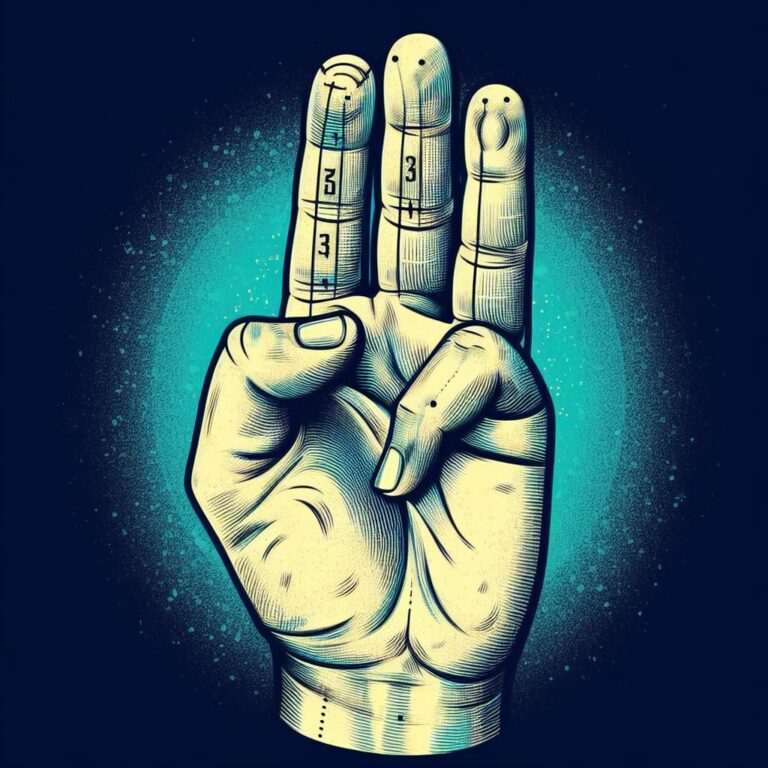Right Eye Twitching Superstition Meaning
Have you ever felt that sudden twitch in your right eye come out of nowhere? You’re not alone. This common phenomenon has sparked numerous superstitions across cultures about its significance.
As harmless as it may seem, a simple eye spasm has led many to believe it foreshadows events yet to unfold. Whether it’s a sign of good fortune or impending misfortune varies greatly depending on traditions.
So what does it really mean when your right eye starts involuntarily fluttering? Time to get to the bottom of this age-old myth.
Key Takeaways
- The superstition around right eye twitching has ancient roots across many societies, though its exact origin is unclear.
- Interpretations vary greatly – some cultures see it as a harbinger of good luck while others view it as a bad omen.
- Western and ancient Roman cultures tend to associate right eye twitches with impending good fortune or success.
- Certain Asian and African cultures historically saw it as a warning sign of potential danger or misfortune.
- Beyond luck, some cultures specifically link it to gossip or unexpected guests – like China and India respectively.
- Science explains the muscle spasms through fatigue, emotions, health issues and medication side effects.
- Superstitions endure across eras because they provide a sense of control, validation through social sharing of beliefs, human tendency to find patterns and meaningful cultural symbols.

Tracing the Roots of the Superstition
- The origin of this superstition has murky roots across various societies.
- Ancient Roman culture viewed right eye twitches as omens of good luck. They welcomed it with optimism about positive changes ahead.
- Conversely, many Asian countries like China and India associated it with bad omens or warnings of potential danger. This perspective still continues today.
- One theory suggests the superstition stemmed from people noting correlations between the twitch and significant events by chance. Over time, causal relationships were attributed.
So a simple muscle spasm took on a whole new level of meaning thanks to the power of superstitious beliefs!
How Different Cultures Interpret It
The exact meaning behind right eye twitching differs across cultures globally:
- Many Western societies consider it a sign of good fortune or success. It may signify upcoming financial gains or happy surprises.
- Certain African cultures view it as a harbinger of bad news or misadventures. It’s seen as an omen to be wary of impending danger.
- Chinese culture specifically links it to gossip. A right eye spasm while conversing means someone is speaking poorly of you behind your back!
- Indian mythology associates it with unexpected guests. Twitches while eating at home foretell surprise visitors soon.
So a universal interpretation is hard to pin down. But one thing is consistent everywhere–it’s rarely seen as insignificant!
What Does Science Say About This Phenomenon?
While superstitions abound for right eye twitching, science provides some rational explanations:
- Fatigued eye muscles are often the culprit. Straining your eyes reading or staring at screens tires the muscles, leading to spasms.
- Stress and anxiety release adrenaline, causing contractions of eyelids muscles and nerves.
- Medical conditions like dry eyes or allergies over-stimulate nerves, trying to self-correct through twitching.
- Medications like stimulants or antihistamines may disrupt nerve signals, manifesting in tics.
So reasons like fatigue, emotions, health issues or side effects could be responsible. But why do superstitions persist despite the science?
The Enduring Nature of Superstitions
- Superstitions resonate by providing a sense of control amidst life’s chaos. Having rituals to influence outcomes is comforting.
- Social conditioning normalizes beliefs passed down generations. We absorb what elders and social circles consider significant.
- The human propensity to seek patterns leads us to rationalize correlations as causations. We attribute meaning to coincidences.
- Mythological explanations make the phenomena more culturally salient through symbols and archetypes that profoundly move people.
Tying It All Together
| Eye Twitch Triggers | Cultural Meanings | Reasons for Believing |
|---|---|---|
| Muscle strain | Good luck omen (Western) | Seeking control |
| Stress, anxiety | Bad omen warning (African) | Social normalization |
| Medical conditions | Gossip sign (Chinese) | Pattern-seeking bias |
| Medication side effects | Guest omen (Indian) | Cultural significance |
So in the end, science explains the mechanisms behind eye twitches, but superstitions reveal the meaning people attribute to them within sociocultural contexts. Both offer value in making sense of this peculiar phenomenon that has captivated humanity!
Frequently Asked Questions
What are some scientific reasons why eyes twitch?
Some scientific explanations for eye twitching include muscle fatigue, anxiety, medical conditions like dry eyes, and side effects of medications. Environmental triggers like irritation, chemical fumes, or pollution could also overstimulate nerves.
What cultures see right eye twitching as lucky?
Many Western cultures have traditionally viewed right eye twitches as an omen of good luck, a harbinger of positive news, or a sign that fortune and success are headed your way soon. The ancient Romans in particular welcomed right eye spasms optimistically.
What cultures see it as inauspicious?
In contrast to the West, numerous Asian and African cultures historically associated right eye twitching with bad omens – a forewarning of impending misfortune, danger, or ill fate. This belief continues in many regions today.
Why believe in superstitions despite scientific explanations?
Reasons superstitions persist include the comfort of feeling in control, the social conditioning process normalizing beliefs, human pattern-seeking tendencies viewing causation in coincidences, and cultural salience by incorporating significant symbols.
What does it mean if it happens while conversing or eating?
If right eye twitching occurs while in conversation, Chinese culture interprets that as an omen someone is gossiping about you behind your back. And in Indian mythology, a twitch while eating at home signifies unexpected guests soon.
So in summary, this peculiar phenomenon has prompted several superstitious meanings, with optimistic and pessimistic interpretations across cultures. But most can agree – when that sudden flutter strikes your right eye, something significant always seems to happen next!






